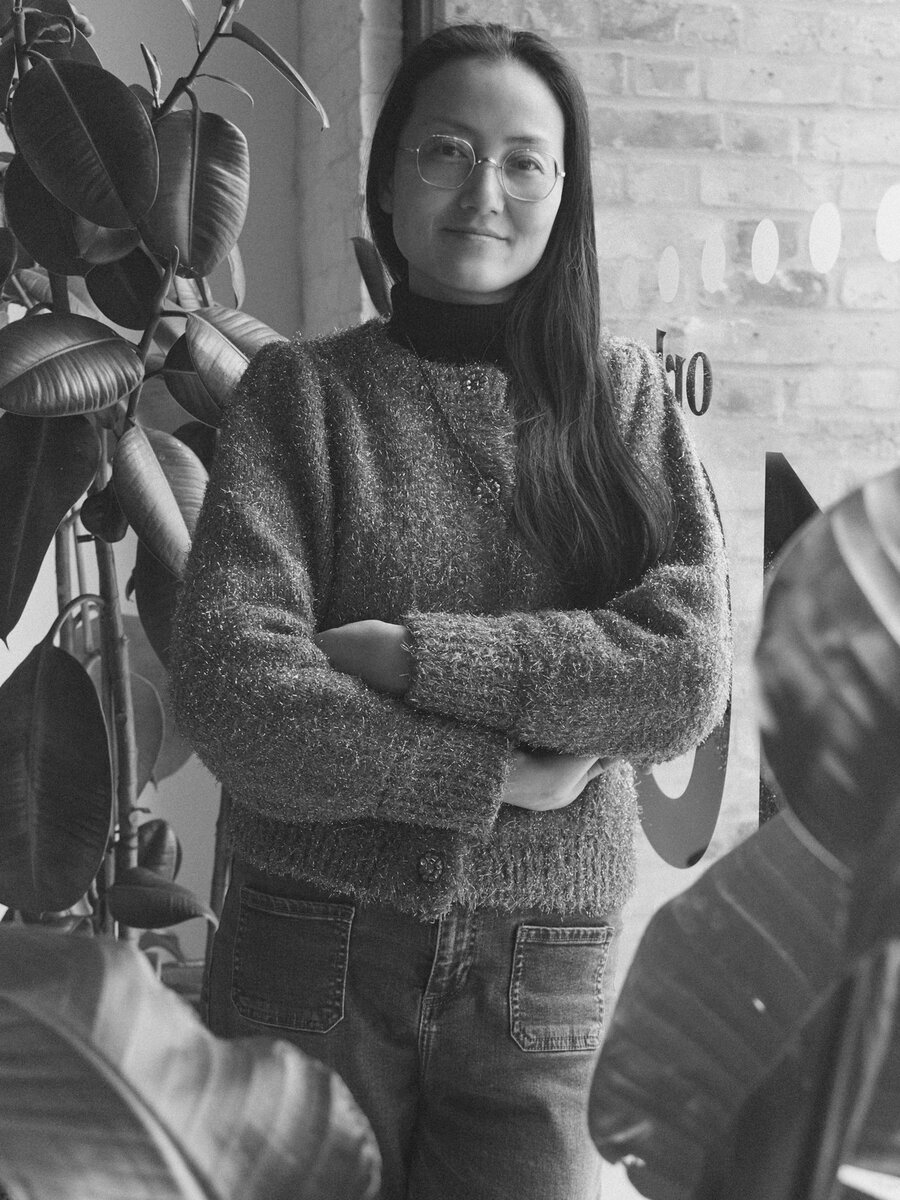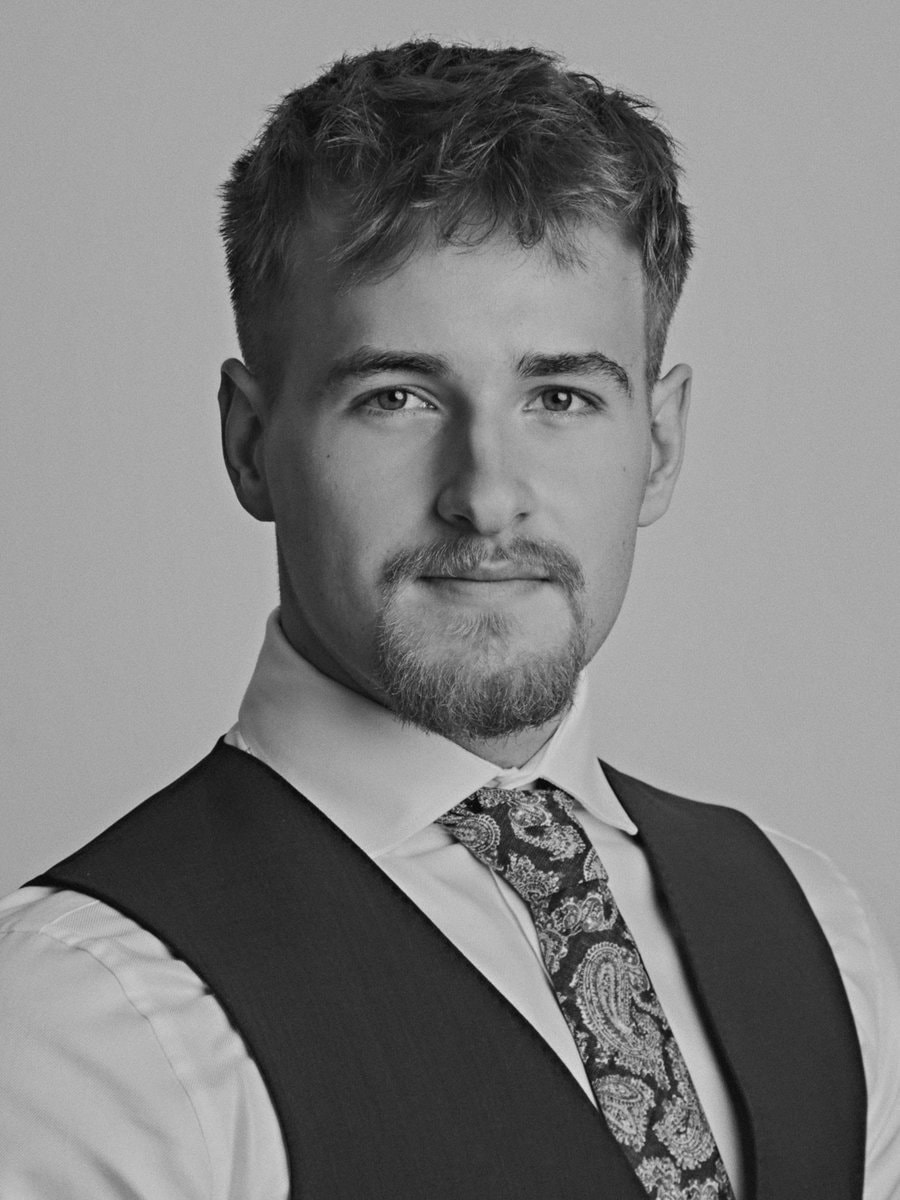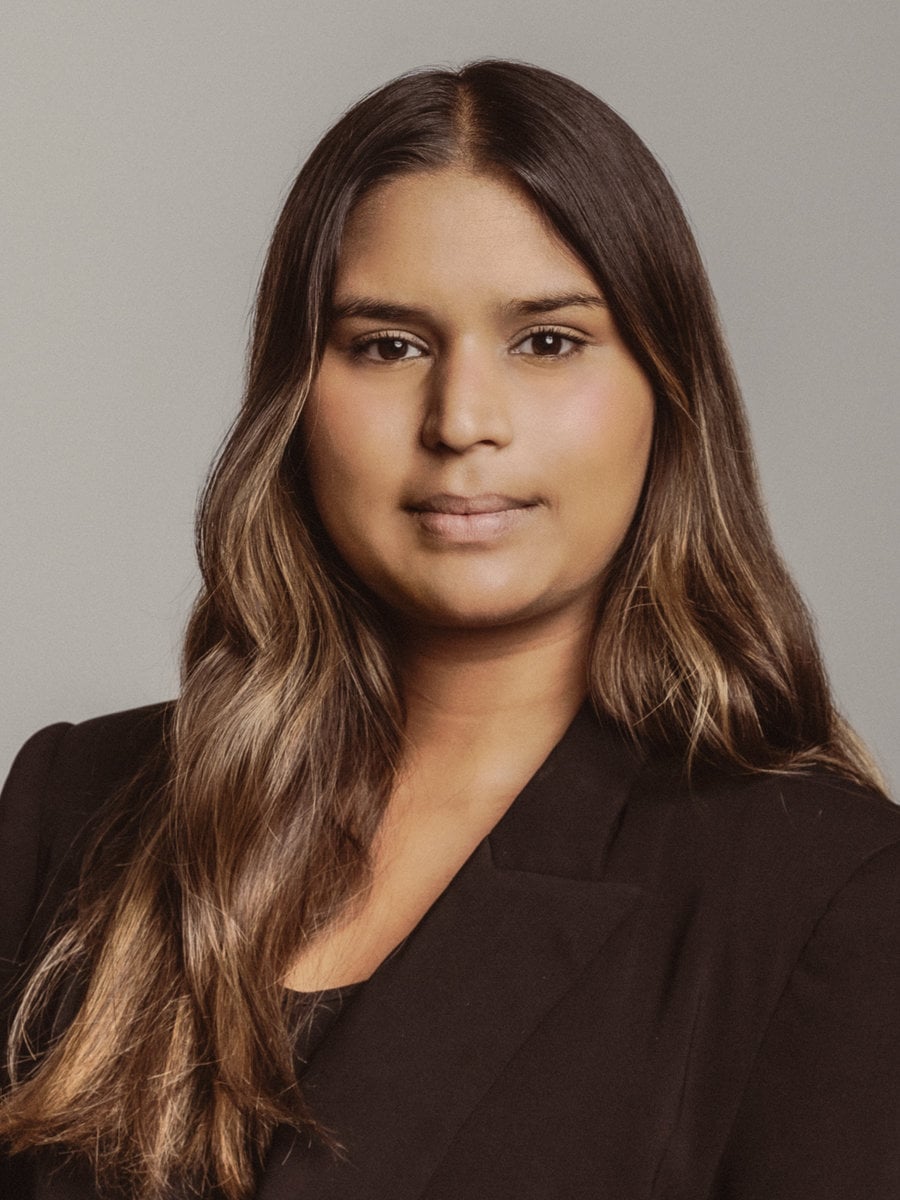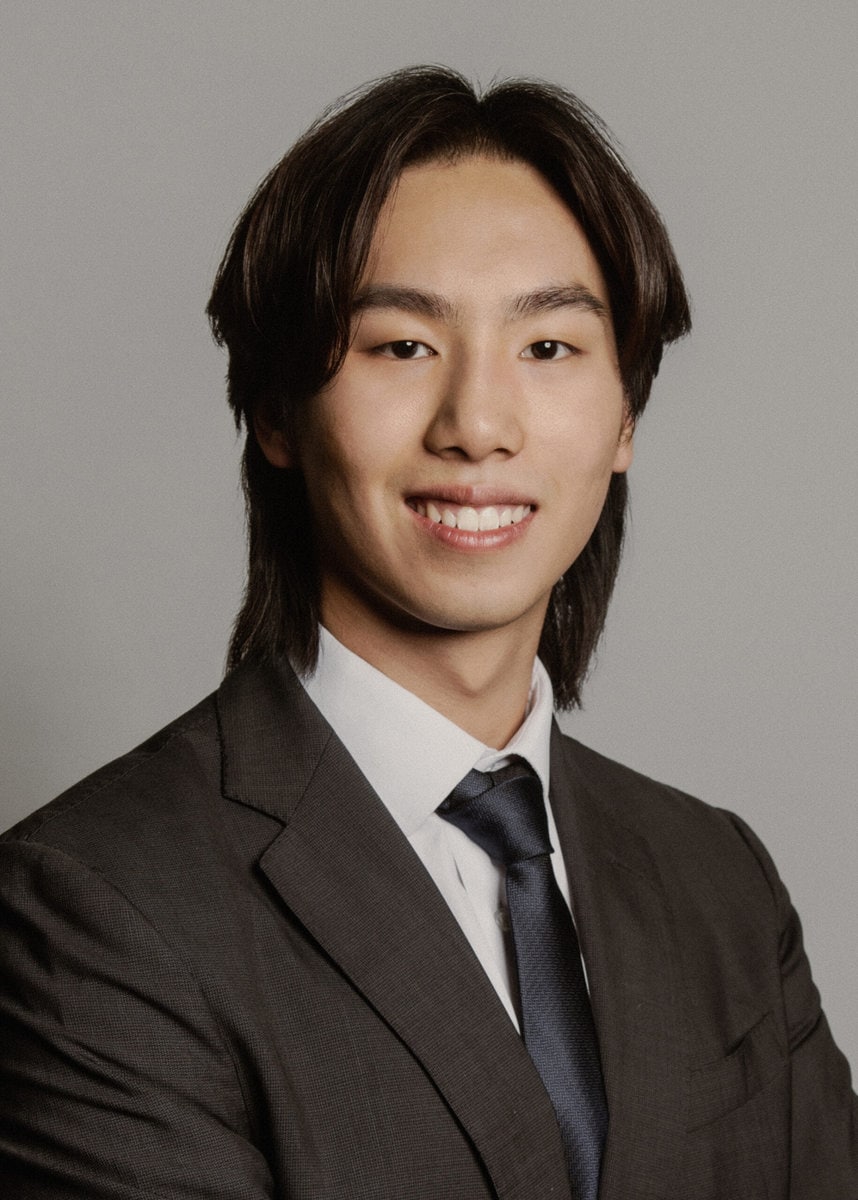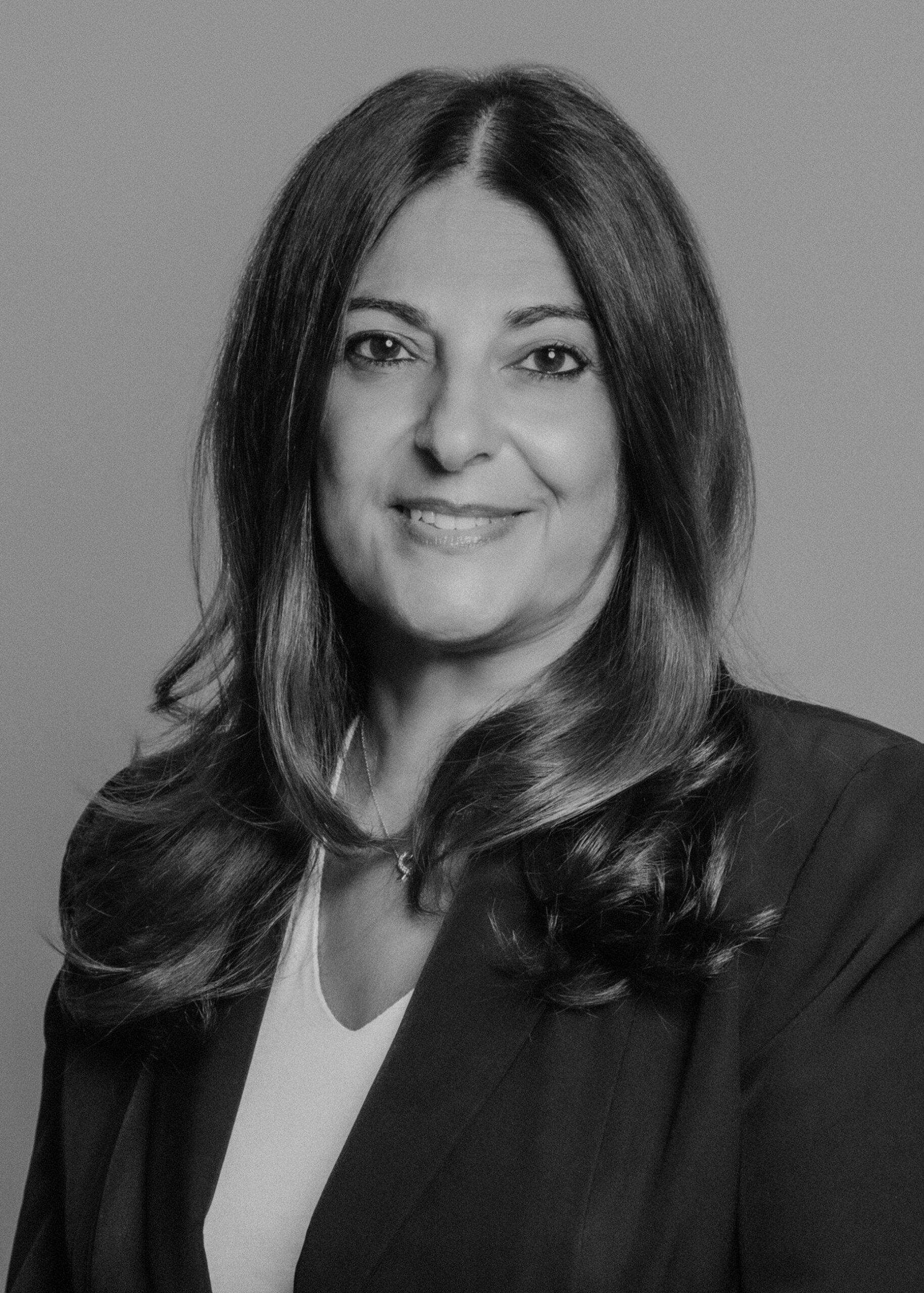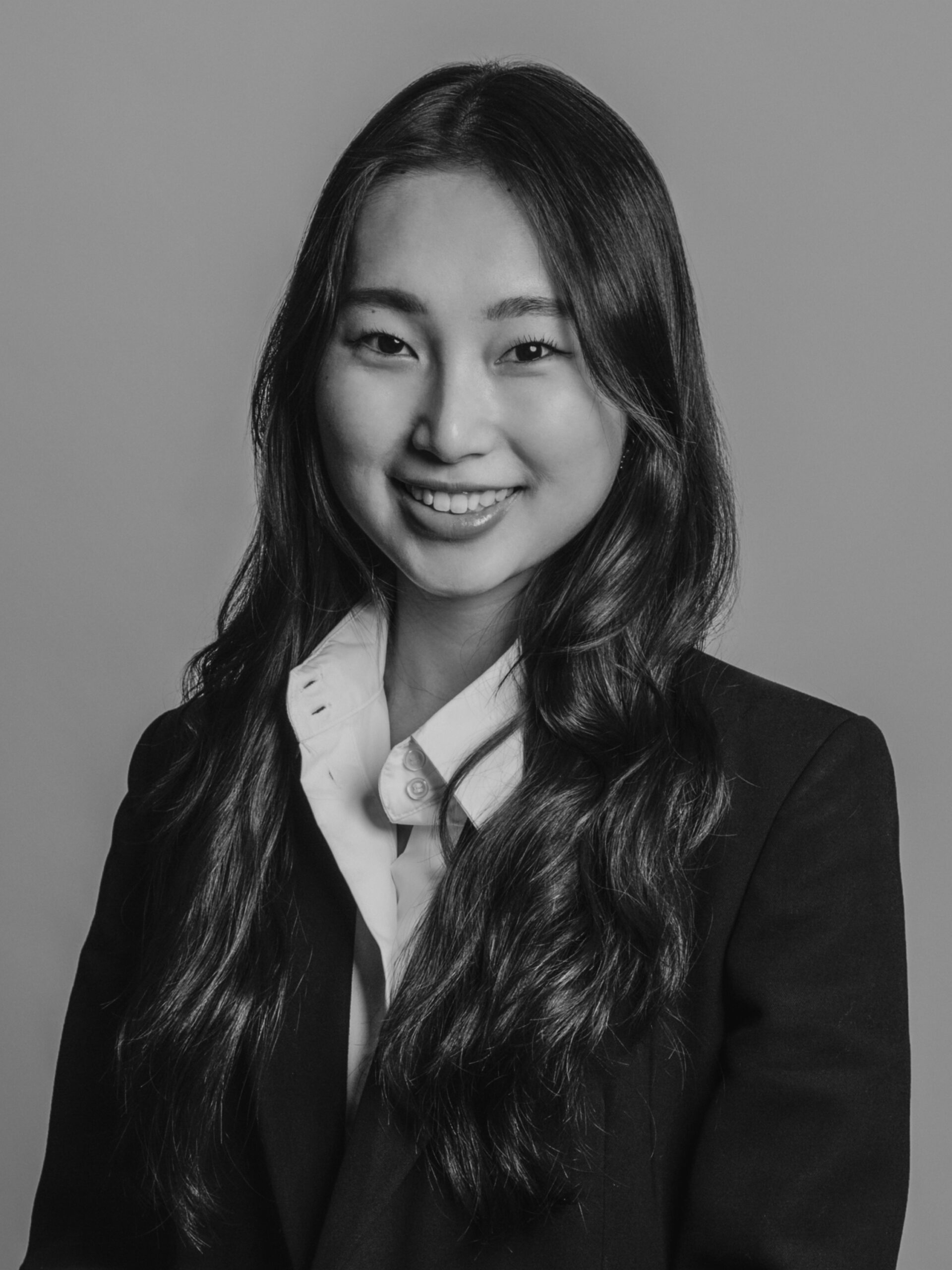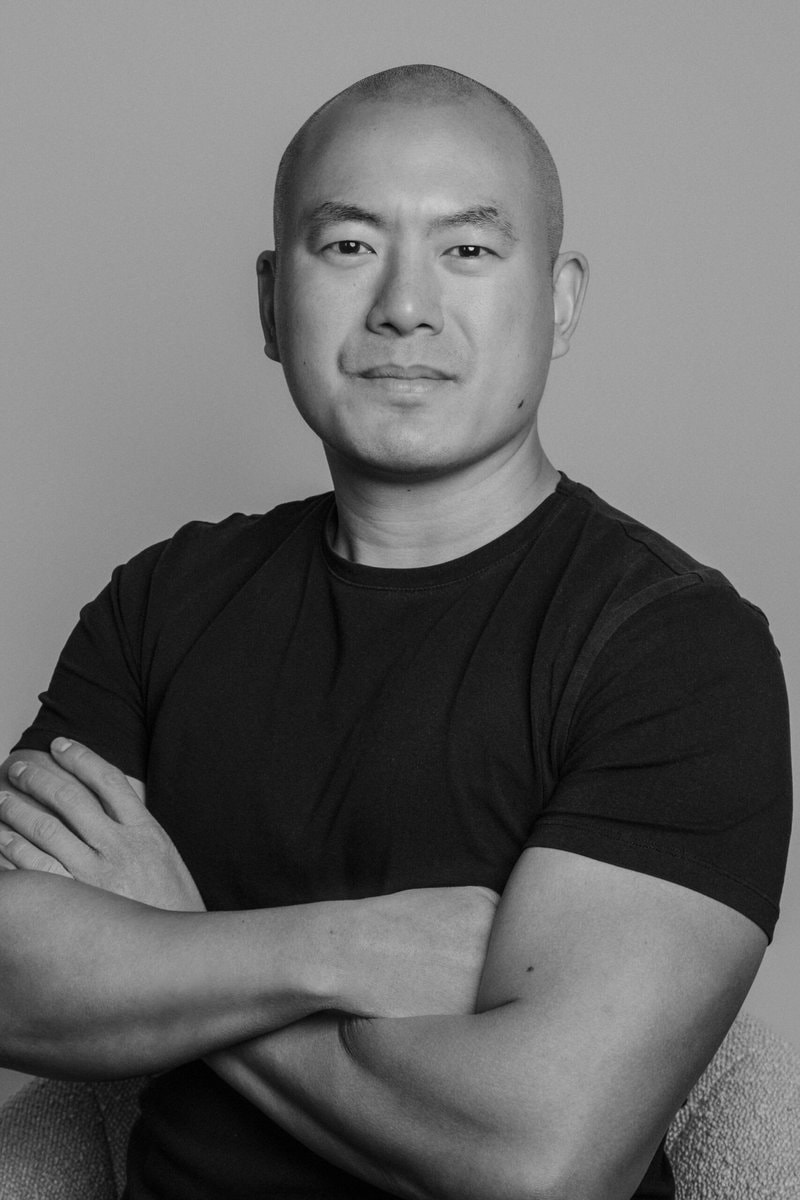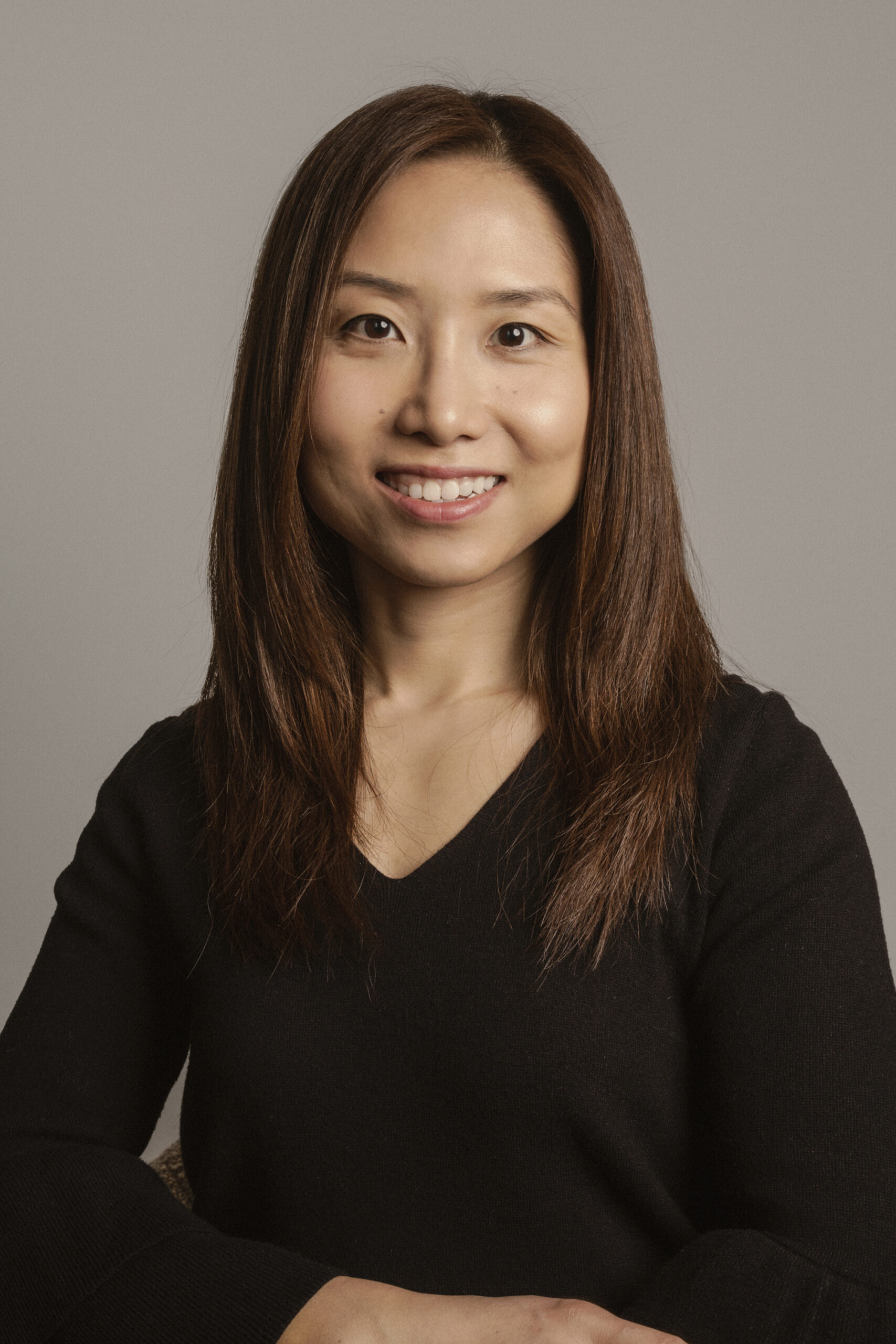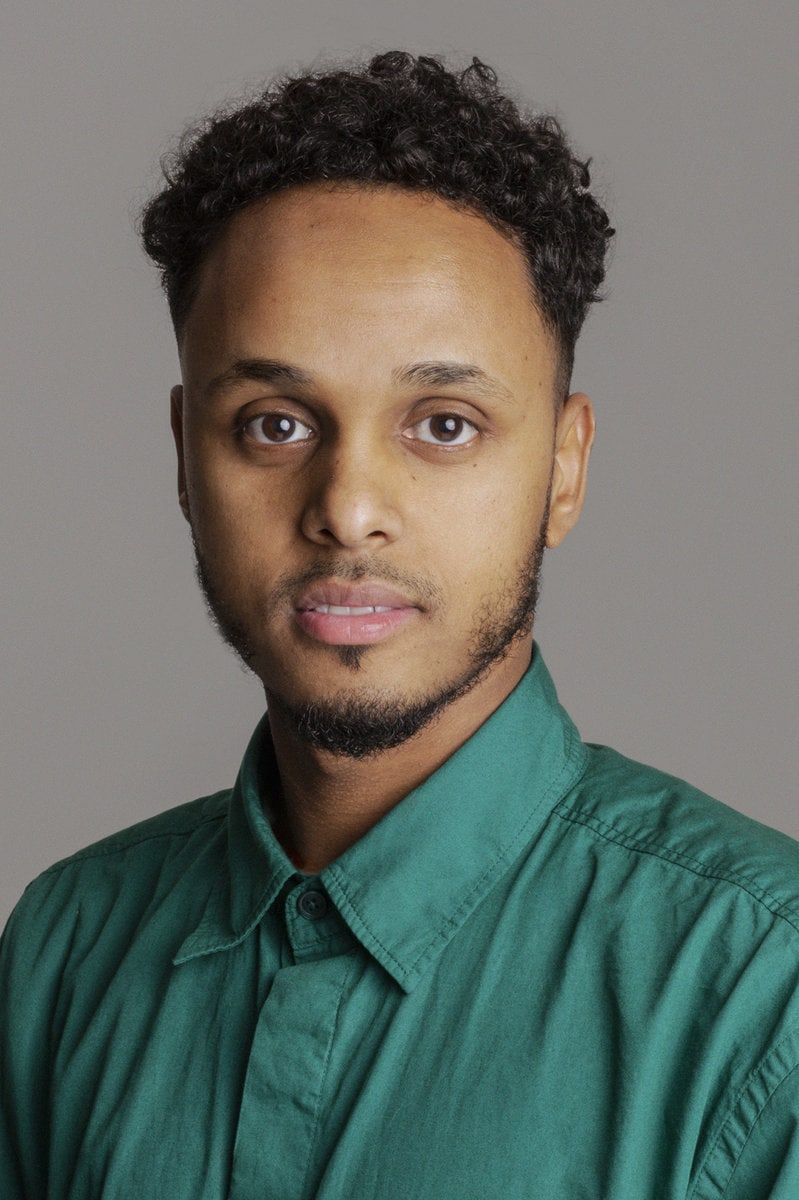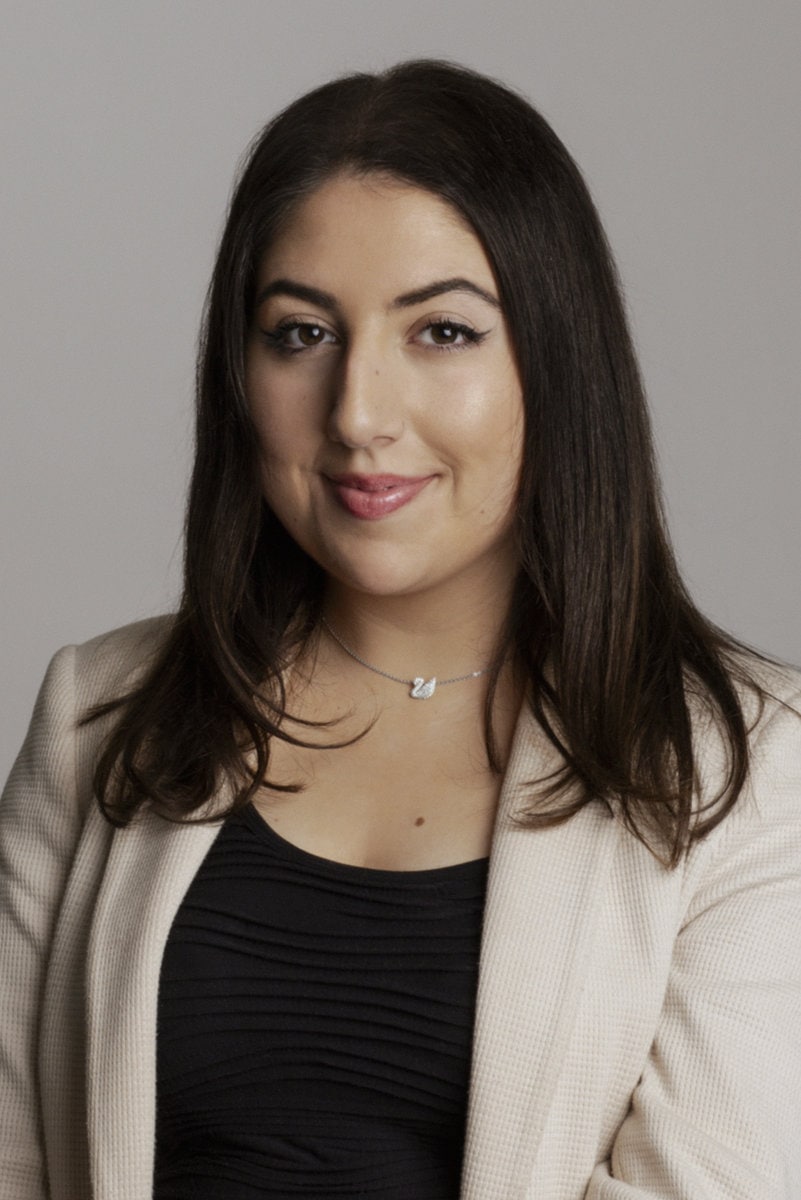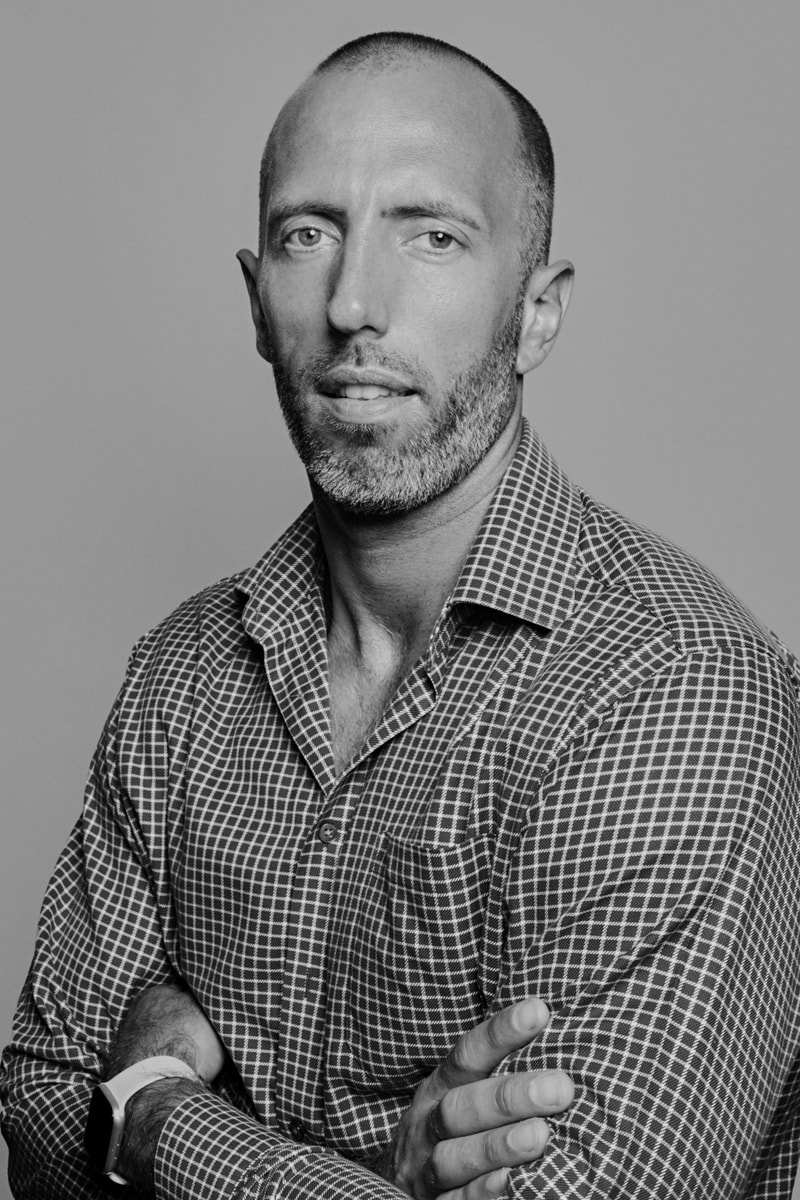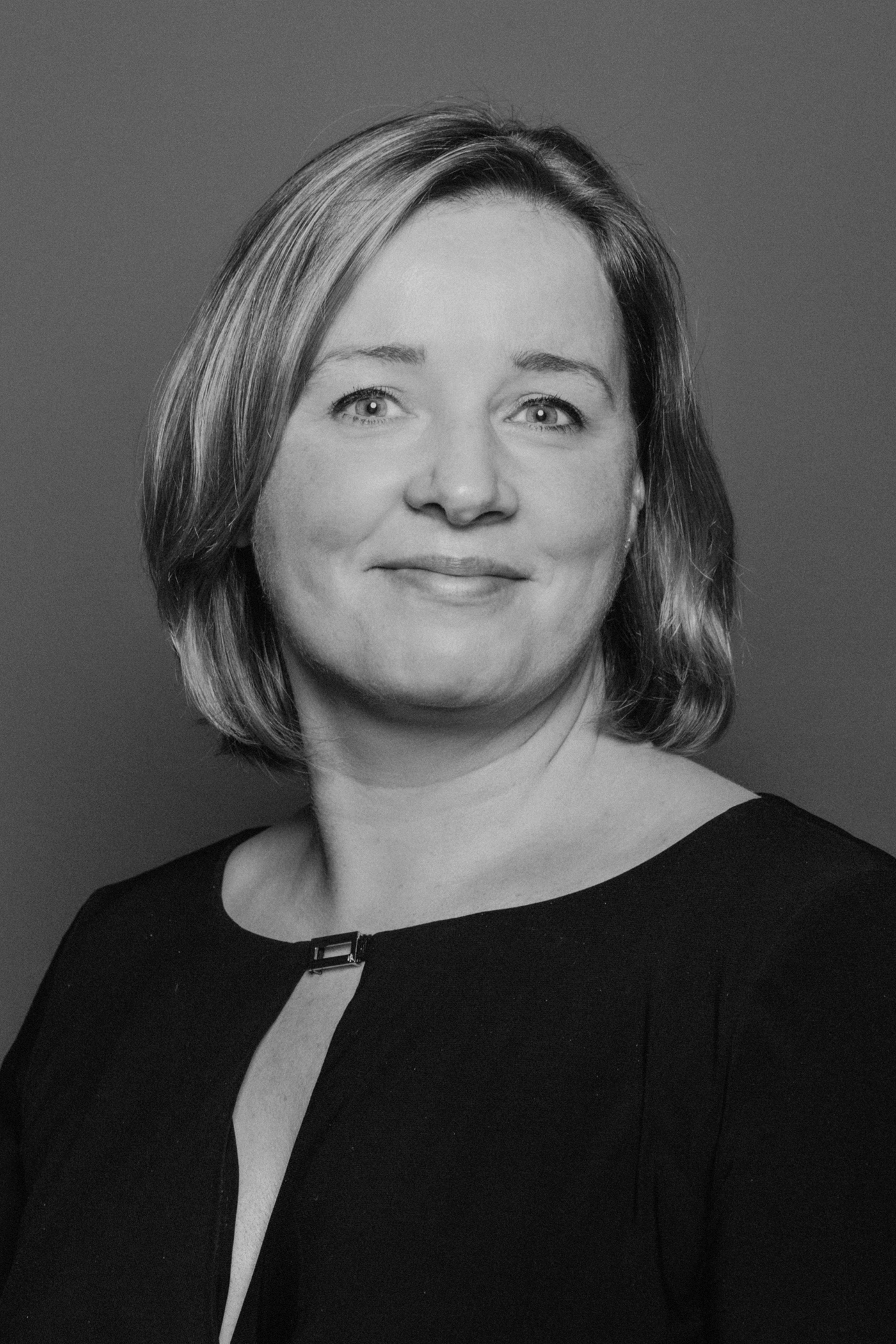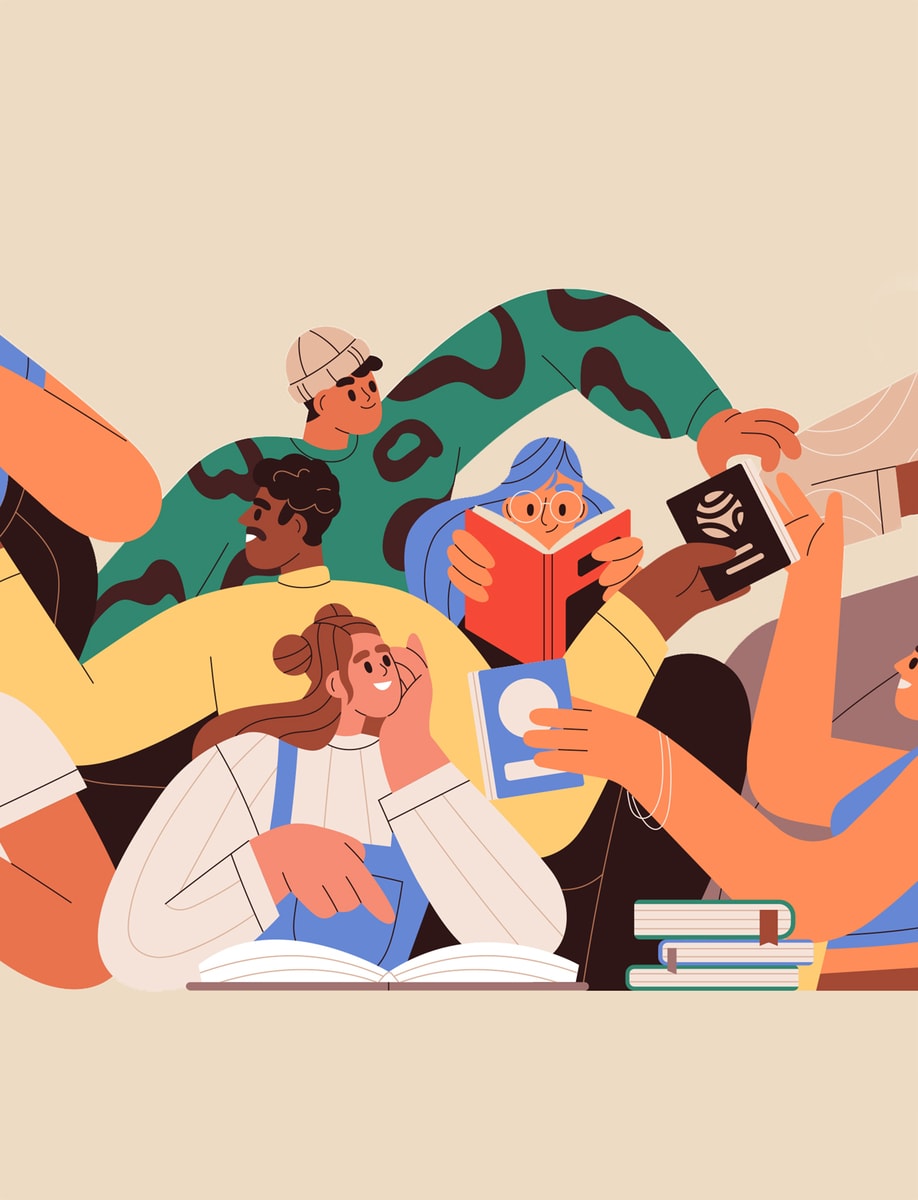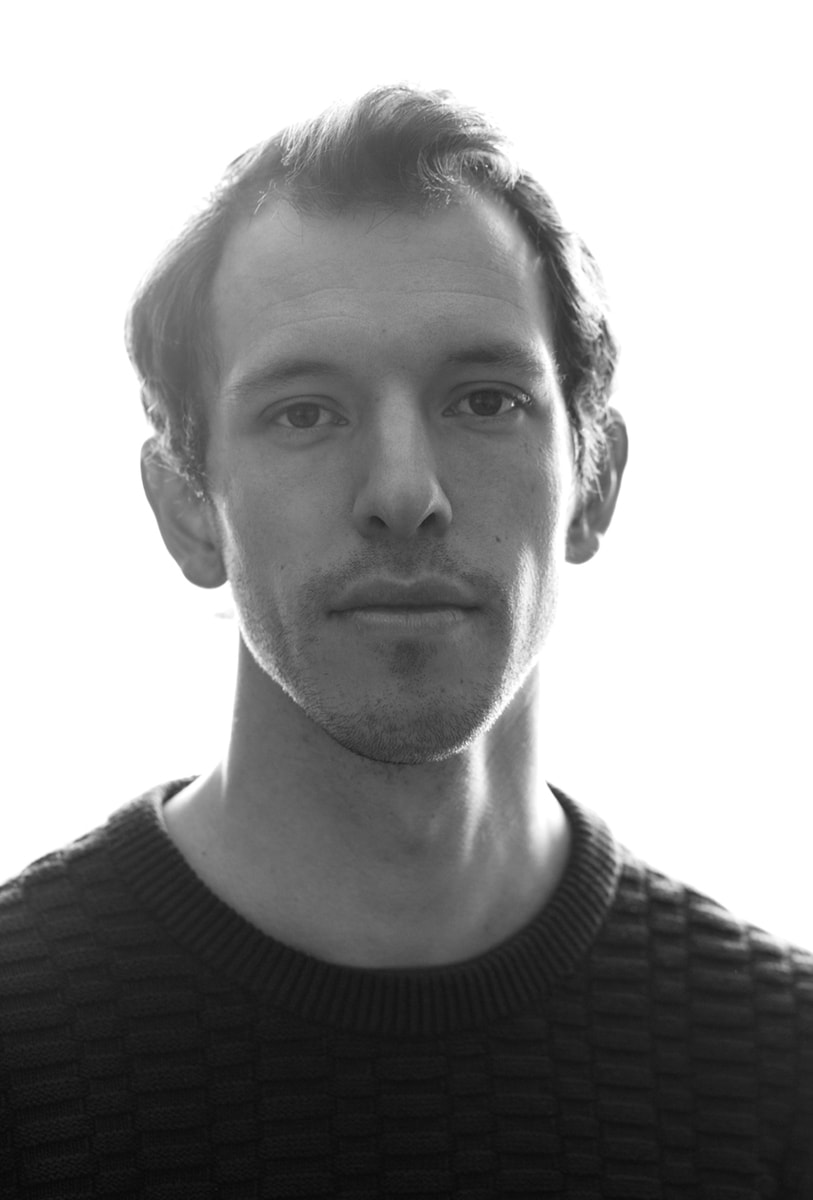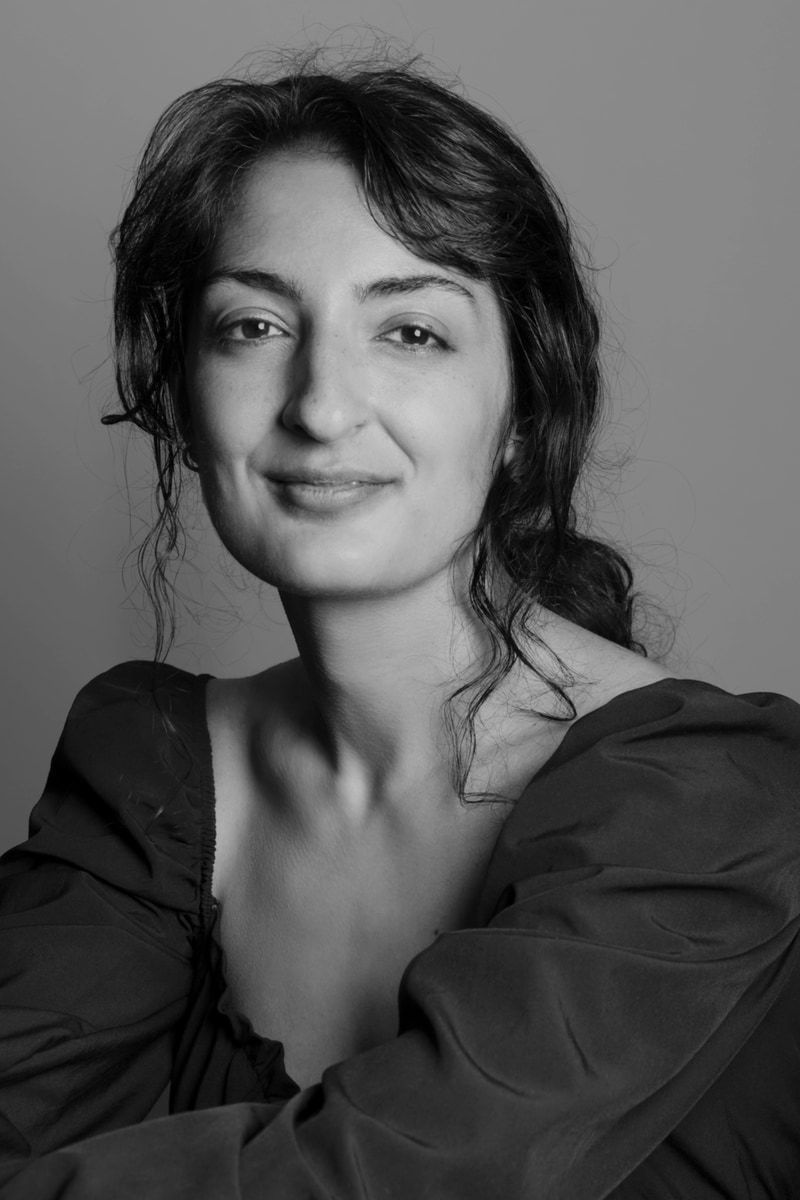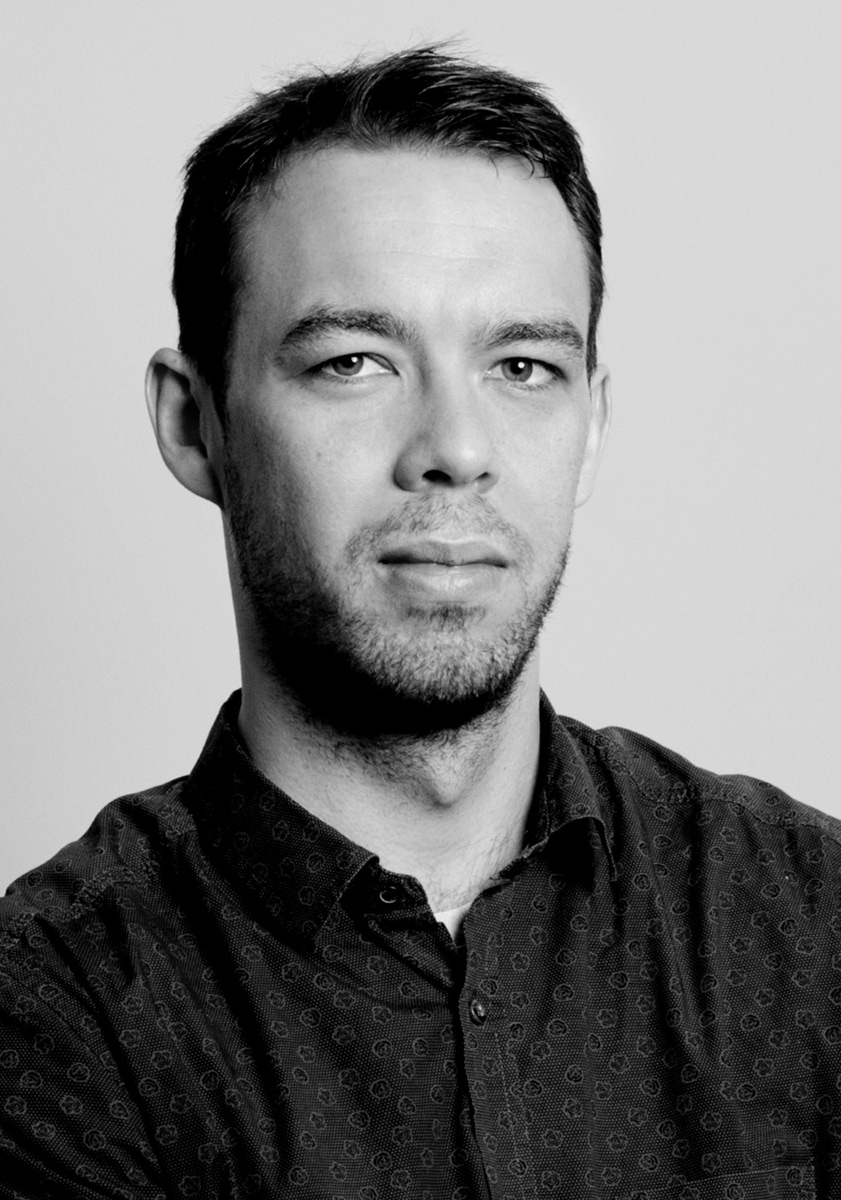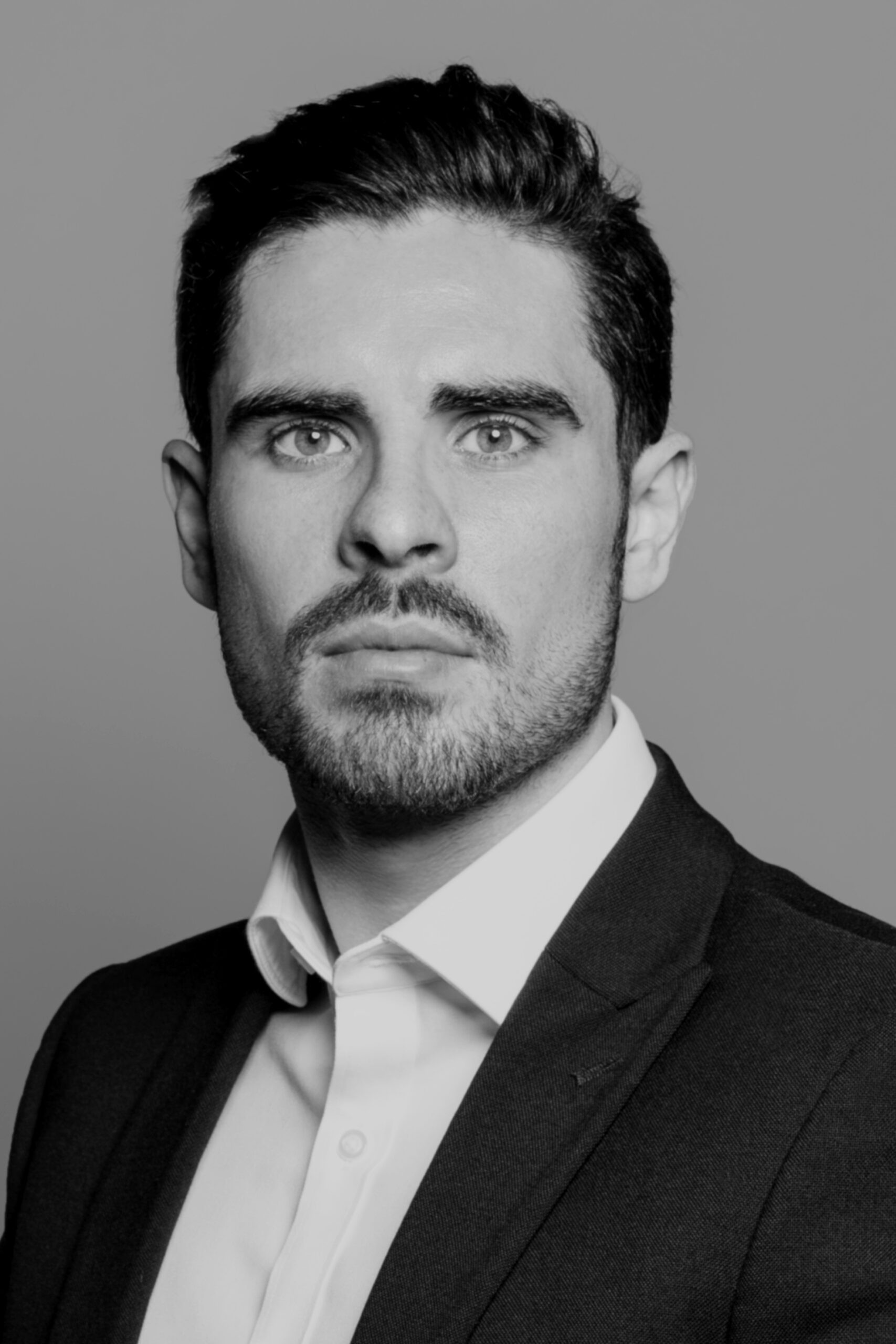You founded Black Professionals Scotland. What made you decide to start this organisation?
That was due to my personal experience when I finished my masters back in 2007. I did a degree at the University of Liverpool, then I came over to Scotland to do my masters. Transitioning from being a student to the workplace was quite challenging. Especially, if you remember 2007 – 2008 was the middle of the financial crisis, and I was wanting to go into financial services. I came to the UK as a seventeen-year-old boy without family or anyone, so after I finished university and was going into the workplace, I was on that journey by myself. There was no support network – you know, someone to say “Hey, let me have a look at your CV,” or “I’ll speak to someone and find these things out.” I found it very challenging and lonely, but I kept pushing till eventually, I was one of the fortunate ones to get on a graduate programme and that sort of set me up career-wise. But because of the experience I had, that sort of stayed with me, and I always thought, what can I do to make it easier for those coming out of university, to not go through as many challenges as I went through and not to go on that journey by themselves? That was what spurred me on to start what eventually would become Edinburgh Black Professionals back in 2016. The set-up then was that we’d host an event and invite black folks to come to the event, and we created a platform for folks to network. So if there was such an organisation back in 2007, I would have attended that event, and I would have met someone who was already working as an accountant and they would have held my hand on my journey. That’s what I was trying to create – a support network; having someone they can speak to – somewhere they can tap into when they need any help on their career journey.
“
one of the challenges in our community, is that black people are finishing universities and they are not getting the opportunities that their white colleagues and counterparts are getting – because of a lack of network and connections.
“
We operated on that basis for the next four years – until 2020. Apart from the events, there was also the ad hoc CV review and interview prep, and things like that. But everything, as I said, was ad hoc – there was nothing structured. The only structured thing we had was the events. Then in 2020 a lot of things happened. There was COVID, there was George Floyd, there was Black Lives Matter, and as an organisation, we hosted an event on Zoom. The event was supposed to be an opportunity for black folks to come together and share their experience of being black in Scotland – just for us to have that open conversation amongst ourselves. Eventually, that audience grew arms and legs, and non-black people started signing up to attend. Two hundred and fifty people turned up for the zoom call. The way we set up our invite, we track ethnicity, so out of that two-fifty, we knew that one hundred of them were white. For the first time, it was good for us as an organisation to get the views and hear the voices of white people. It was an open conversation, there was no structure or speaker – it was just let’s all have a conversation about race – about being black. Some of the themes that came through from the white folks especially were around “We’d like diversity in our workplace. As a manager, I’d like diversity in my team, but we don’t know where to find diverse talent – in this case – we don’t know where to find black talent.” One of the conversations that came to us from the younger black folks was that “We need more support on our career journey.” which I thought we were already providing via the events we were hosting. That was a wake-up call for us to know that that maybe we could do more as an organisation. We took all those points, and we re-strategised as a leadership team and thought, what do we want to be going forward as an organisation?
“
if there was such an organisation back in 2007, I would have attended that event, and I would have met someone who was already working as an accountant and they would have held my hand on my journey.
“
That’s brought on a lot of the things that have brought us to where we are today. We had a membership-based in Edinburgh, but we were thinking, why are we only in Edinburgh, because what we’re doing is needed across the cities in Scotland – in Glasgow and Aberdeen. We rebranded from Edinburgh Black Professionals to Black Professionals Scotland [BPS]. And then as part of that rebrand, we decided to build a membership base across Scotland. It benefits our members, and also starts to provide support to those organisations that say, “We are looking for black talent.” So essentially, we can build a black talent pool, and organisations looking for black talent can come to us, and we can feed that to them, solving their problem in a tangible way. On the back of that, we’ve kicked off a proper mentoring programme. In the past, it had been ad hoc, but this time, everything is structured. As part of when our members come to register, some of the information we collect is – do you want to be a mentor do you want to be a mentee. We then use that information to match mentors and mentees together.
“
One of the conversations that came to us from the younger black folks was that “We need more support on our career journey” which I thought we were already providing via the events we were hosting. That was a wake-up call for us to know that that maybe we could do more as an organisation.
“
As part of the support we wanted to provide to these organisations, we decided to partner with them. The relationship of that partnership is such that we give them access to our job board so they can promote their jobs. We also provide support for them on an individual basis, so they would tell us of their particular diversity challenge within their organisation, and we’d go in and have a conversation with them to see where they are trying to get to and how we can support them. We host initiatives with our partner organisations as well. For example, one that we currently are working on is with a career coach. She’s been a career coach specifically to black professionals and, based on everything she has learnt in that space over the last few years, she is now turning her approach on its head. Because she has heard all the challenges that black professionals face, she is now working with senior white professionals to coach them on how they can be better managers to black and diverse people. So we’re bringing her into work with each of our partners to deliver coaching sessions to them. These are some of the things that we’re doing with our partners. It’s not just about getting black people in, it’s also about how they make sure the black people they have are excelling. It’s about how they make sure the black people they have are performing the best they can and showing up every day being the best people they can.
The last thing we kicked off in the back of 2020 was an internship programme. There was an internship programme launched in London called ‘Ten-Thousand Black Interns’. After Black Lives Matter, some senior black people in London decided – you know what, we are privileged, so let’s use this influence to kick something off. They challenged some of the big financial services and organisations to take on black interns. A lot of these big organisations were putting out statements to say they will do this and that, and the people behind Ten-Thousand Black Interns said, “Don’t worry about the statements, just start taking in black interns.” And a lot of them were signing up. When the programme was launched it was called one hundred black interns, and now they’ve changed it into ten thousand black interns.
“
It’s not just about getting black people in, it’s also about how they make sure the black people they have are excelling.
“
Again, one of the challenges in our community, is that black people are finishing universities and they are not getting the opportunities that their white colleagues and counterparts are getting – because of a lack of network and connections. These programmes are beginning to help break down those barriers, at least help them to get the first opportunity, and from there they can start to develop in their career. So as an organisation up here in Scotland, with Black professionals Scotland we thought the Ten-Thousand Black Interns programme was amazing, but we realised it is essentially mostly supporting those in England and London. Because we had built a name and a platform for ourselves, and a lot of organisations in Scotland already know who we are, we thought, why don’t we replicate what they have done in England up here in Scotland?
We launched the Black Scot Interns programme. Our hope was to have at least one internship so we could run 2021 as a pilot scheme, and then fully launch in 2022. But we’ve been super blown away by the success of it, so as of now, we’ve been able to place eleven people across organisations in Scotland – including the BBC. These are people who wouldn’t have had the opportunities they are now getting. We’ve placed people in internships ranging from one month to six months across organisations, and the hope is that when some of them finish their internships, that organisations offer them a longer-term contract or prominent role. We are hoping that people kick off their careers.
Part of the success of that programme was Sade [Adeyemi’s wife]. She was the one that brought in her HR expertise to help us design a programme because essentially it is acting as a recruiter – you’re taking roles from an organisation and then you’re going into the community, into a membership base to get talent, and to feed that talent into those roles. She’s played a big role in the success of the programme. We’re looking to fully launch the programme in 2022. We’ve got big ambitions around the number of black people and organisations we’re looking to help. And I’m very confident that it’s going to happen, because of the success we’ve recorded in a very short space of time. I’m sure by next year a lot more organisations will come on the programme, and we will be able to support more people.
“
essentially, we can build a black talent pool, and organisations looking for black talent can come to us, and we can feed that to them, solving their problem in a tangible way.
“
So that’s where we’ve been – that’s where we are. Where are we going? The future’s exciting. One of the things I’m hoping we can achieve as an organisation is to work more with the Scottish Government. I think that the Scottish Government is doing some work in that space – promoting diversity and tackling inequality. But I believe that because of our experience and our focus on black people in Scotland, and our passion for wanting change – which we have already proved without any support – if the Scottish government can come alongside us and partner up, we can achieve more. That’s one of our plans for the future. Working with the Scottish government. Growing our partnership. Growing our membership. We’re currently on track to having one thousand members by the end of this year.
People ask me sometimes, “Why do you do this – What’s the point?”
My view is that the English, with the Windrush generation – they got it wrong. When Black people came to England in the ’60s, they didn’t give them equal opportunities. They didn’t let them integrate. And the consequences of that – we’re still feeling them today. There are thousands of black people disenfranchised from the system. And they’re not adding to it as much as they can – as much as we’d like them to, just because of the history of discrimination. We don’t know how long the problem’s going to last – but that problem is there. However, we have an opportunity in Scotland to get it right the first time. Most of the black population today – don’t quote me – this is not fact but based on my interaction with black people in Scotland. Most of the black people I come across are first-generation immigrants. So these people have come from the Caribbean full of hope, full of ambitions. A lot of black immigrants in Scotland right now – they’ve got hopes. They’ve got ambitions. It’s important that we can get all these people to become part of the Scottish story and the Scottish success because if we make the mistake that they made down in England fifty years ago, there will be consequences of that in ten, twenty, thirty, forty years from now. If we catch all these people coming into the country and say “We can see the skills you have and what you can bring to the table – let’s see how we can support you to see where you need to be,” It will be a success story. Everybody wins. The Scottish economy wins because if there is a black person who studied economics and they are going to work in that field, they will contribute more to the tax. If these people get left and end up being bouncers and all of these lower-paid jobs, then it’s a waste of talent because these people can be more. We can play a big part in making sure everybody wins. That’s my ‘why’ for doing this.
“
don’t expect someone else to fix a problem. You can fix it if it’s within your power to fix it. Go about fixing it and hopefully make a bit of money along the way.
“
What have you learned about yourself from starting up BPS?
What I’ve learned about myself is that I’m a problem solver. So if I see a problem, I’m not someone who will sit and complain. I will either accept that there is nothing I can do about it and just get on with it. Or I will think, I can do something about it, let me fix it. And so that’s something I’ve learnt about myself and that’s something I have brought into BPS and my other business that I’ve launched. It’s the solution-driven mindset.
As an example, I’m launching a business on the 1st of October to align up with Black History Month. It’s called bagafa.com. The concept of that is – within the black community – there are some products that we’d like to have access to, for example, health and beauty products, fashion and even books and artworks that we’d like to get our hands on which we can’t. So for example cartoon stories based around black heroes for kids, health and beauty products that are specifically for black skin. Because the products served in TESCO and ASDA don’t always work for our skin. African fashion – Afrocentric fashion which we can’t always get our hands on. There is a big pocket of black entrepreneurs who produce those products. So, there is this disconnection – one group is looking for customers, and these customers are looking for sellers. I thought, “Why don’t I build a platform where we can connect these people?” Think of eBay or Amazon. We’d get black entrepreneurs to come on the website and list their products, and we would then put some money behind to market and build the brand of the website to the point where the dream is that every black person in the UK is aware of the website.
“
If we all adopt a solutions-driven mindset, a lot of the problems in our world could be solved.
“
If you could pass on one piece of business or life advice, what would it be?
Don’t always ask “Why is no one doing this?” Instead, ask yourself “Why am I not doing this?” What you find a lot in our society, is that everybody is complaining about something and everybody thinks that someone else should fix it. I’m complaining about this, he’s complaining about that – well one of us has to fix it. I’ve been able to find solutions to some of the problems we face in our society, based on the fact that I know I have the ability to. If we all adopt a solutions-driven mindset, a lot of the problems in our world could be solved. If everybody does this, we will be ticking things off one by one. And on the flip side of this, you’re not just finding solutions to problems, you are creating a business, because a lot of these solutions, like mine, are eventually going to turn into a profit-making business. So – don’t expect someone else to fix a problem. You can fix it if it’s within your power to fix it. Go about fixing it and hopefully make a bit of money along the way.
blackprofessionalsscotland.com
Enoch Adeyemi was photographed by LAPORTRA in front of our White backdrop. To book a headshot that tells the story of your career, press the button below.




